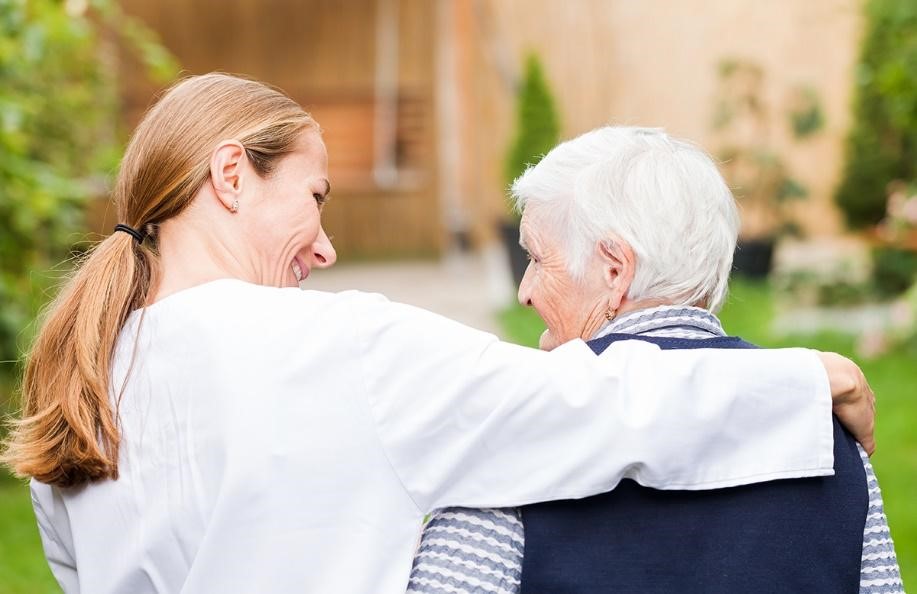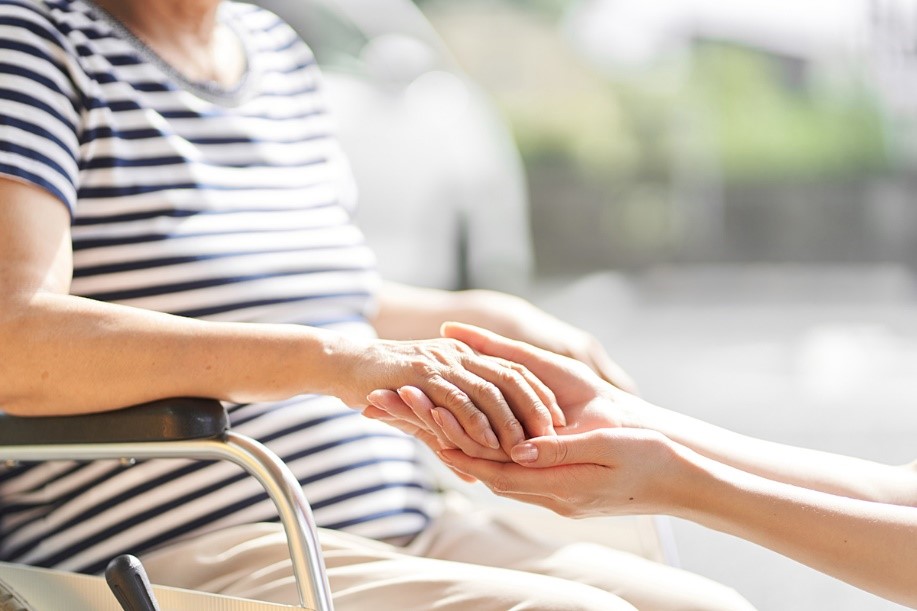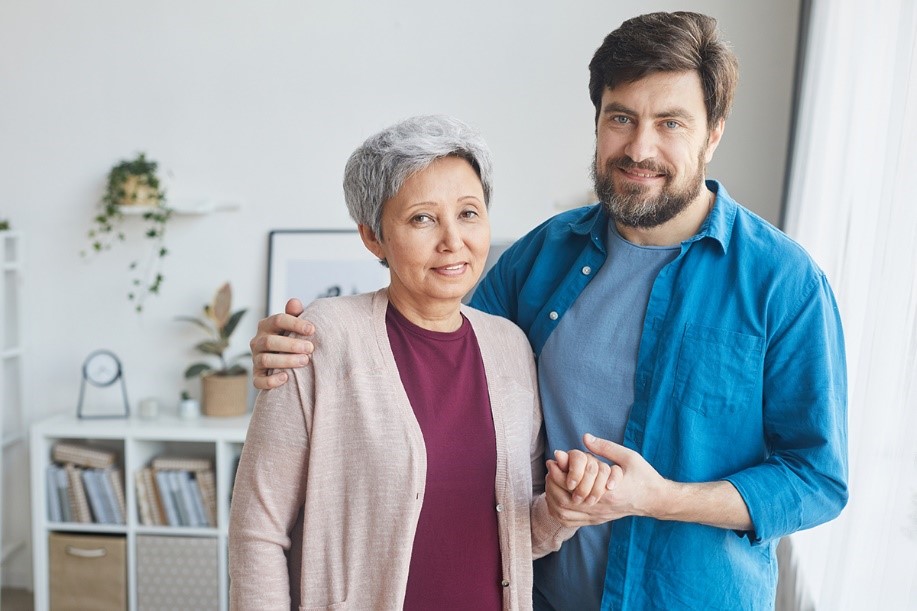
Does Your Loved One Need Post-Hospital Care?
Good care following a hospital stay is essential to prevent recurrence of illness and reduce the possibility of a second hospital visit. Studies show that 40% of seniors experience medication mistakes after leaving the hospital, and almost one in five return to the hospital within a month. The goal of post-hospital care at home is to support your senior family member as they build strength and regain physical abilities so that they don’t experience a relapse or additional injury.
Your senior family member may benefit from in-home care after a hospital stay if they can still participate in their own care, but need some extra assistance to prevent safety hazards or fall risks. For example, if your mom or dad has suffered a stroke and has not yet regained full function, a home caregiver can step in to offer the assistance needed so your loved one can live at home. Families who live far away from their senior loved ones may also benefit from supplemental home care to be sure their family member receives the care they need after a surgery when family can’t step in.
What Services Can Post-Hospital Care Provide

- Bathing and dressing
- Laundry
- Light housekeeping
- Meal planning and preparation
- Medication reminders
- Mobility and transfer
- Basic chores
- Transportation to appointments
In addition to these practical services, one of the most important things your loved one needs is companionship. Caregivers provide social connection and interaction for seniors who may be homebound for long periods of time as they recover from illness or injury.
How Do You Find the Right Caregiver?
Of course, one of the most pressing concerns for families is making sure the caregiver they choose will treat their loved one well. Finding the right caregiver can help your loved one recover faster and remain positive about their situation.
At Cherished Companions, we are committed to helping you create a care plan that meets your needs with a caregiver you can trust. Here are some ways we can help:
- Home Care Assessment—Before creating a care plan, we will help you assess your home to make sure you are ready to provide the best possible environment for recovery. This assessment includes understanding and planning daily routines, assessing your family member’s needs, conducting a health and medical history, discussing home safety, creating a care plan, and answering any questions you may have.
- Customized Care Plans—Your care plan will be customized based on the individual needs of your family. You can choose hours and shifts as needed, from four hours all the way up to 24-hour live-in care.
- Regular Communication—Our caregivers will communicate with you on a regular basis about how your loved one is doing. You can choose your preferred communication method, whether that’s text, phone, or email.
- Care When You Need It—We will never pressure you to continue care when you no longer need it. You can discontinue care on your timetable when your loved one has regained health and is ready to return to independence.
The best time to plan for post-hospital care is when your loved one first enters the hospital. Having a plan in place helps reduce the stress of the discharge process and gives you peace of mind in knowing that your mom, dad or loved one will receive the care they need until they are back on their feet.
{{cta(‘6a691ae8-409b-4b09-a1d5-2864ffe1c1b5′,’justifycenter’)}}






